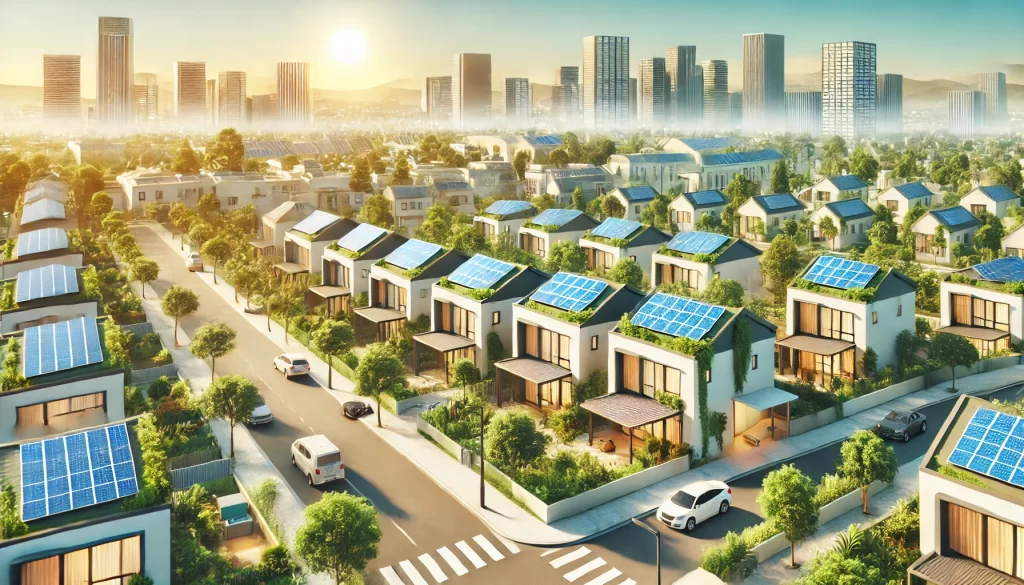Electricity plays a vital role in modern residential living, providing power for essential appliances, air conditioning, and lighting. In Saudi Arabia, where temperatures can soar, the demand for electricity in the residential sector is particularly high. Understanding how electricity works, its consumption patterns, and ways to optimize usage is crucial for households across the Kingdom.
Electricity Consumption Trends
Saudi Arabia has witnessed rapid growth in electricity consumption over the past decade. The residential sector accounts for a significant portion of this demand, driven by population growth, urbanization, and the need for cooling systems.
Key Statistics
- Consumption Share: Residential electricity consumption represents approximately 50% of the total electricity demand in the Kingdom.
- Peak Demand: Electricity demand peaks during the summer months due to extensive air conditioning use.
- Smart Meter Implementation: The government has been rolling out smart meters to promote efficient electricity use.
Electricity Tariffs for Residential Users
The Saudi Electricity Company (SEC) provides electricity services and sets tariff rates for residential customers. Current tariff rates are as follows:
- Up to 6,000 kWh: 18 Halalas per kWh
- Above 6,000 kWh: 30 Halalas per kWh
It is essential for residents to monitor their electricity consumption to avoid high bills, particularly during the summer months.
Energy Efficiency Tips for Households
Here are practical tips to help reduce electricity consumption and save on bills:
1. Optimize Air Conditioning Usage
- Set the thermostat to 24°C to maintain a comfortable and energy-efficient temperature.
- Use ceiling fans to circulate air and reduce reliance on AC.
2. Energy-Efficient Appliances
- Invest in appliances with high energy efficiency ratings (look for the SASO Energy Efficiency Label).
- Turn off appliances when not in use.
3. Lighting
- Replace traditional bulbs with LED lights, which consume less electricity.
- Use natural daylight as much as possible.
4. Smart Home Solutions
- Install smart thermostats to control and schedule AC usage.
- Use smart plugs to monitor and control appliance energy consumption.
5. Solar Energy
- Consider installing solar panels to reduce dependency on the grid and take advantage of renewable energy.
Government Initiatives
The Saudi government is actively promoting energy efficiency through various programs:
1. National Energy Efficiency Program (NEEP)
The NEEP aims to reduce energy consumption and enhance efficiency in various sectors, including residential.
2. Tarshid Initiative
This program encourages households to adopt energy-saving practices and technologies.
3. Solar Energy Projects
The government is investing in large-scale solar energy projects to diversify the energy mix and promote sustainability.
Conclusion
Electricity is a critical resource for residential living in Saudi Arabia. By adopting energy-efficient practices and staying informed about government initiatives, households can reduce their electricity bills and contribute to the Kingdom’s sustainability goals. With ongoing advancements in technology and renewable energy, the future looks bright for a more energy-efficient residential sector.

